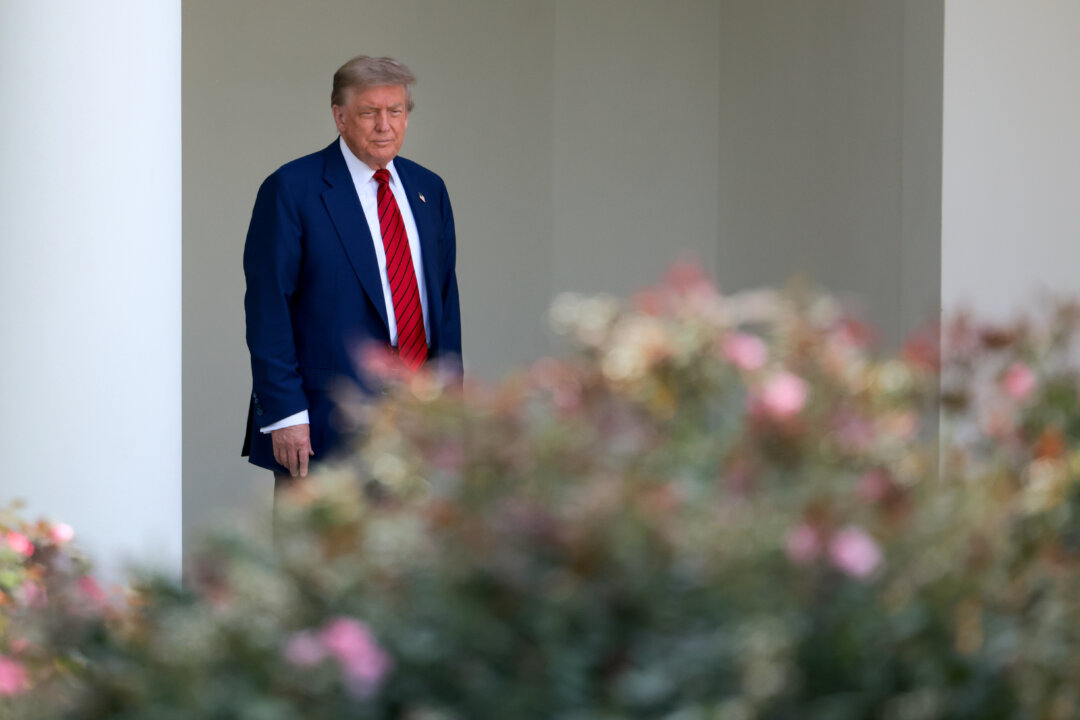The United States has enacted significant trade measures against Brazil, with former President Donald Trump announcing a substantial 50 percent tariff on a range of Brazilian imports, primarily targeting copper products. This decisive economic action, effective August 1, marks a critical escalation in diplomatic and trade relations between the two nations, stemming from ongoing disputes over Brazil’s policies and actions deemed detrimental to U.S. interests.
Specifically, the new tariffs apply to semi-finished copper items such as pipes, wires, rods, sheets, and tubes, alongside copper-intensive derivative products including pipe fittings, cables, connectors, and various electrical components. Notably, refined metals are exempt from these new levies, focusing the impact on specific sectors of the Brazilian export economy and signaling a targeted approach to address perceived grievances.
According to the White House, the tariffs are a direct response to the Brazilian government’s “unusual and extraordinary policies and actions” that are allegedly harming U.S. companies, infringing upon the free speech rights of U.S. persons, and negatively impacting U.S. foreign policy and the broader U.S. economy. These multifaceted concerns underscore a deepening rift beyond mere trade imbalances.
A significant element of the executive order addresses serious human rights abuses, explicitly citing the political persecution of former Brazilian President Jair Bolsonaro and his supporters. This alleged undermining of the rule of law in Brazil, as detailed by the White House, adds a critical human rights dimension to the tariff imposition, linking economic policy with broader governance issues.
The announcement closely followed the Treasury Department’s sanctioning of Brazilian Supreme Court Justice Alexandre de Moraes under the Global Magnitsky sanctions program, also for serious human rights abuses. This coordinated action suggests a broader U.S. strategy to exert pressure on Brazil across multiple fronts, leveraging both economic and human rights frameworks.
Trump had initially signaled his intent to impose these tariffs in a letter to Brazilian President Luiz Inácio Lula da Silva on July 9, accusing Brazil of becoming an “international disgrace.” This strong language highlighted U.S. discontent, particularly regarding the ongoing trial of Bolsonaro, a prominent ally of Trump, accused of plotting to overturn Brazil’s 2022 election results.
In response, Brazilian President Lula da Silva indicated on July 10 that his nation might consider implementing retaliatory tariffs if the U.S. proceeded with its plans. Lula expressed a pragmatic view on international trade, stating, “If the United States doesn’t want to buy something of ours, we are going to look for someone who will,” emphasizing Brazil’s strong trade ties with China and a reluctance to be drawn into a “Cold War” between the U.S. and China.
Further amplifying the administration’s assertive stance, Trump had also warned BRICS nations, including Brazil and China, on July 8, that they could face higher levies. He accused the bloc of attempting to displace the U.S. dollar as the primary currency for international trade, indicating a broader concern about global economic influence and currency dominance.






Leave a Reply